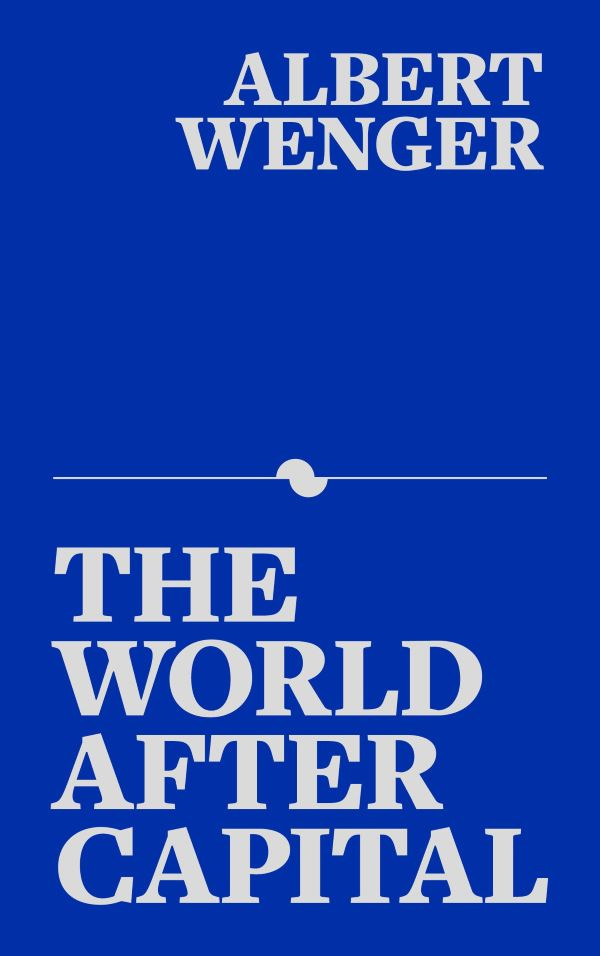The world beyond capital
Attention is all you need
During a recent dive into Albert Wenger’s The World After Capital, I learned why attention—the intentional allocation of our time—has become humanity’s ultimate scarce resource. This isn’t just philosophical musing; it’s an urgent economic reality. Wenger’s framework dovetails strikingly with Peter Diamandis’ Abundance, a book I read years ago that argued technology could turn scarcity into plenty, as it did with aluminum post-electrolysis. Today, we’re witnessing a parallel revolution: the plummeting cost of cognition through AI. Yet unlike aluminum, attention resists abundance—and its mismanagement threatens to derail progress.
Social media’s rise exposed this vulnerability. From the mid-2000s onward, platforms weaponized attention, monetizing every scroll and click. The consequences—fragmented discourse, eroded mental health, algorithmic radicalization—linger like digital hangovers. Now, as AI turbocharges productization of cognition, we’re entering an era of mass cognition monetization. This is where value systems clash openly because cheap cognition lets groups amplify their ideologies through endless attention channels.
Yet the stakes transcend culture wars. Gaia Vince’s Nomad Century—next on my reading list—warns that climate-driven migrations will redraw maps and test societies. We’re already seeing microcosms in front of our eyes: Los Angeles neighborhoods displaced by wildfires and people stranded but their attention fractured between survival and sustainability. This mirrors Wenger’s broader thesis: To navigate existential risks (climate collapse, AI ethics, synthetic biology), we must transition from an Industrial Age mindset to a Knowledge Age paradigm—one where automation frees 80% of human attention for creativity and problem-solving.
The inflection point is here. Technology now evolves faster than our ability to govern it or even harness it without side effects. Therefore, focused attention isn’t just valuable—it’s existential. The challenge? To harness abundance without losing our humanity to the very tools we’ve built.
The path forward demands rigor: audit where your attention flows, align it with ethical systems, and remember—every click, every hour, every mental investment shapes what abundance means.
This is a post about ecosystem resources which was also posted on Medium. Email me at mk@gex.vc or leave a comment if you’d like to exchange ideas.


